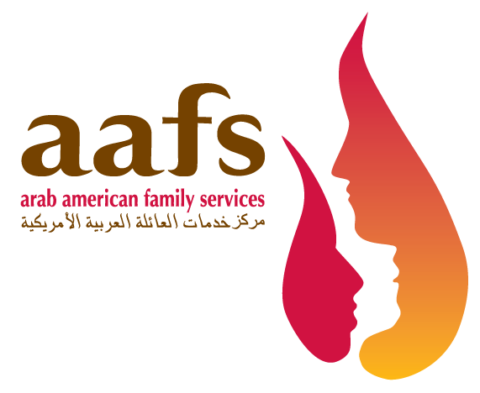One year ago today, President Obama signed the Violence Against Women Reauthorization Act (VAWA) of 2013, increasing avenues to safety and justice for victims of violence.
“Today we celebrate the landmark provisions passed in VAWA 2013 and the important work of the past year to enhance victim safety and move closer to our shared vision of ending domestic violence, sexual assault, dating violence and stalking,” said Kim Gandy, President and CEO of the National Network to End Domestic Violence.
VAWA 2013 includes key protections for women on Tribal lands, for immigrant and LGBT victims, and for victims living on college campus or in federally subsidized housing. The bill also provides core funding for a coordinated community response to violence.
Since VAWA was renewed last year, there has been significant progress:
- Three American Indian tribes – the Pascua Yaqui Tribe of Arizona, the Tulalip Tribes of Washington, and the Umatilla Tribes of Oregon – will be the first in the nation to exercise special criminal jurisdiction over certain crimes of domestic and dating violence, regardless of the defendant’s Indian or non-Indian status, under a pilot project authorized by VAWA.
- The Office on Violence Against Women at the U.S. Department of Justice has held sessions to confer with stakeholders, discussing best practices and sharing information that will bolster our nation’s response to domestic and sexual violence.
- The U.S. Department of Housing and Urban Development has begun to implement the new VAWA housing protections through federal regulations.
- The U.S. Department of Education has undertaken a rulemaking process to provide clarity and guidance for campuses and students under the Campus SaVE provisions.
As the process of VAWA implementation continues, NNEDV looks forward to working with the Administration, Members of Congress and partners across the country to ensure that the letter of the law translates into meaningful improvements in survivors’ lives.
“Although NNEDV recognizes the tremendous steps forward that VAWA 2013 represents, we are mindful that there is still much more to be done to ensure that survivors fleeing abuse and danger will have access to the safety and support they need,” said Gandy. “We encourage the Administration to continue swiftly and strongly implementing the law, particularly the housing protections that will help prevent homelessness and keep survivors safe.”
VAWA is a critical piece of our nation’s response, and works in concert with a number of other laws to addressing and preventing domestic violence. Particularly, the Family Violence Prevention and Services Act (FVPSA), which Congress first passed 30 years ago, is integral to addressing domestic violence, funding essential services that are at the core of addressing domestic abuse: emergency shelters, hotlines, counseling and advocacy, and primary and secondary prevention.
Even though FVPSA is the only federal funding source dedicated directly to domestic violence shelters and programs, its funding in 2014 was lower in real dollars than it was in 2001, and is currently $40 million below its authorized level. Similarly, VAWA is funded far below its authorization, and some programs within VAWA have been cut in recent years.
Insufficient funding has resulted in a prolonged crisis for victim service providers, who lack the resources needed to meet the demand for services. NNEDV’s “Domestic Violence Counts” report found that in one 24-hour period in 2013, more than 66,500 victims received lifesaving services at domestic violence programs nationwide. Unfortunately, during that same 24-hour period, nearly 10,000 requests for services went unmet, largely due to lack of funding.
“VAWA was one of the most significant Congressional achievements of 2013. The letter and spirit of VAWA outlines a vision for our national response to violence against women that could truly reduce violence and change the course for so many survivors,” said Gandy. “The promise of VAWA and other federal laws will remain unfulfilled as long as domestic violence programs and rape crisis centers remain so woefully underfunded.”
NNEDV urges Congress to build upon the progress and potential of VAWA and FVPSA by investing increased resources in these programs and urges the Administration to continue implementing these laws, which save lives and strengthen communities across the country.

